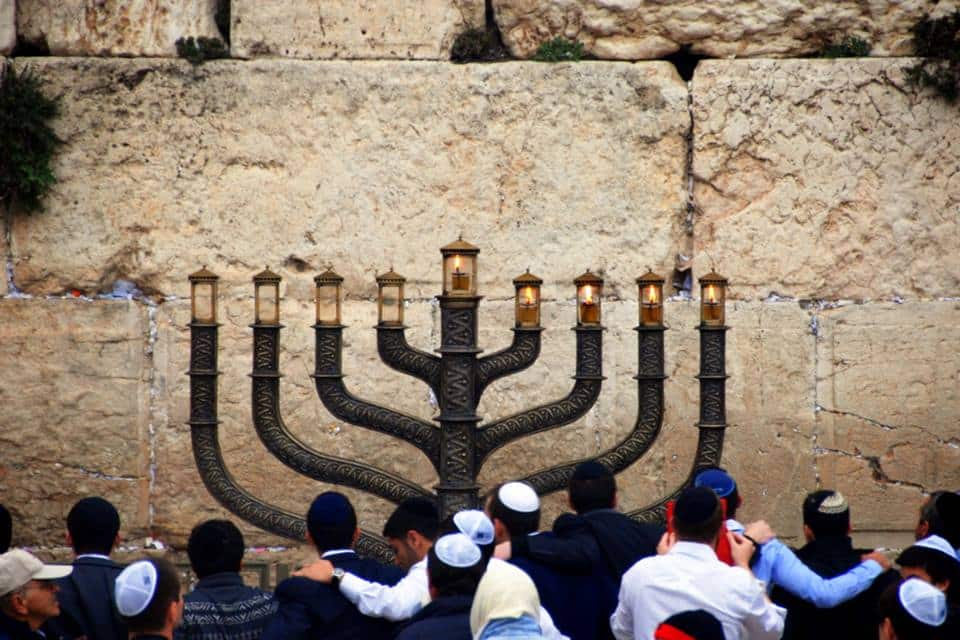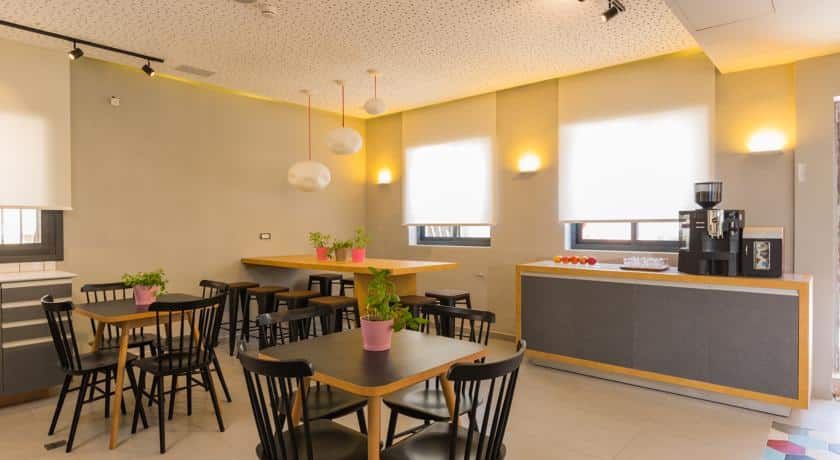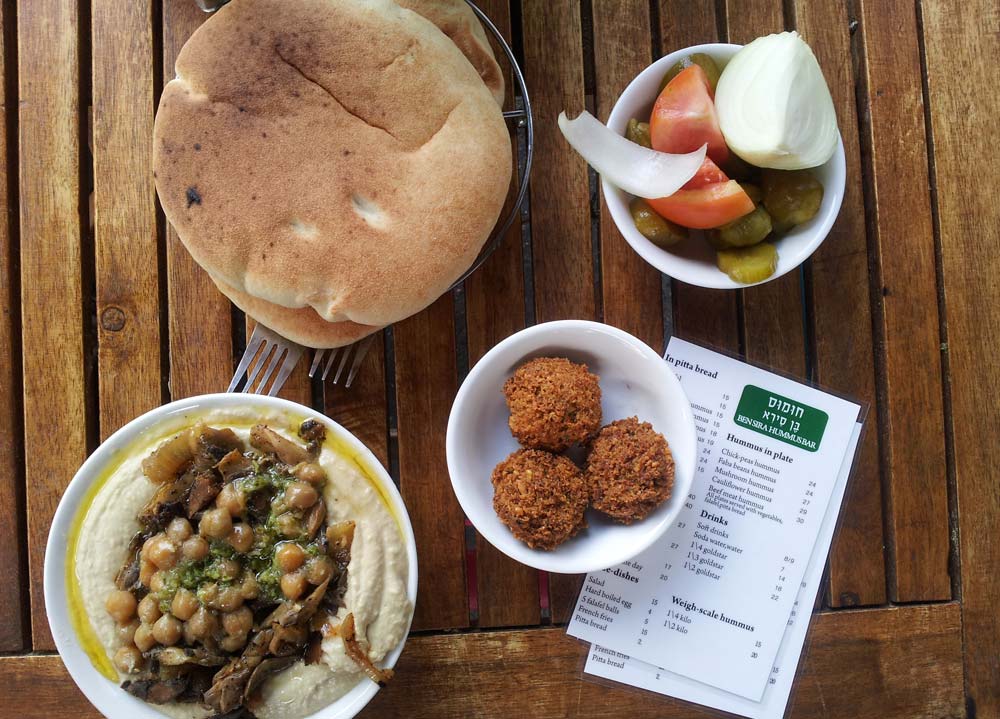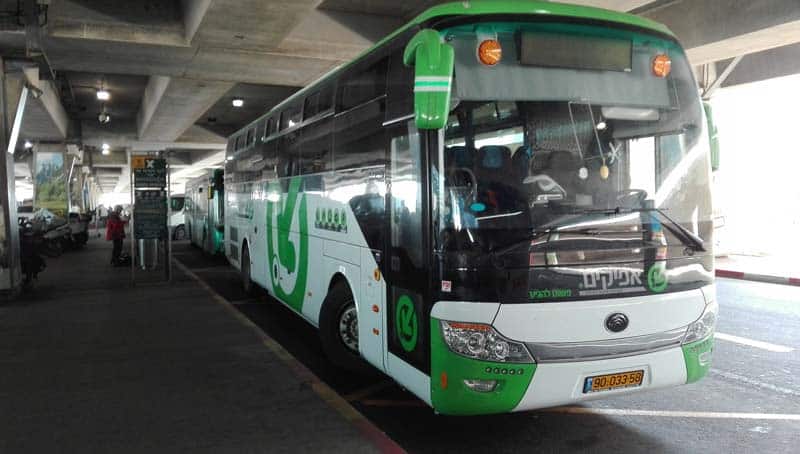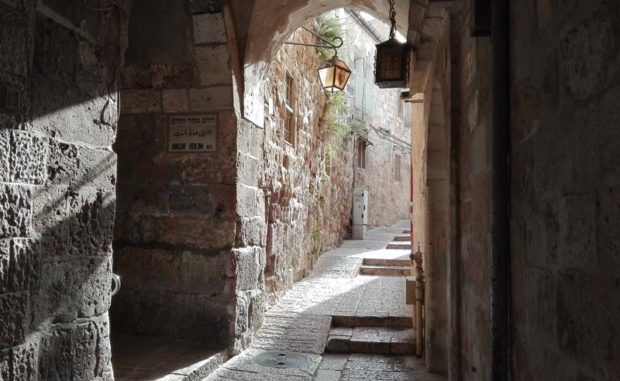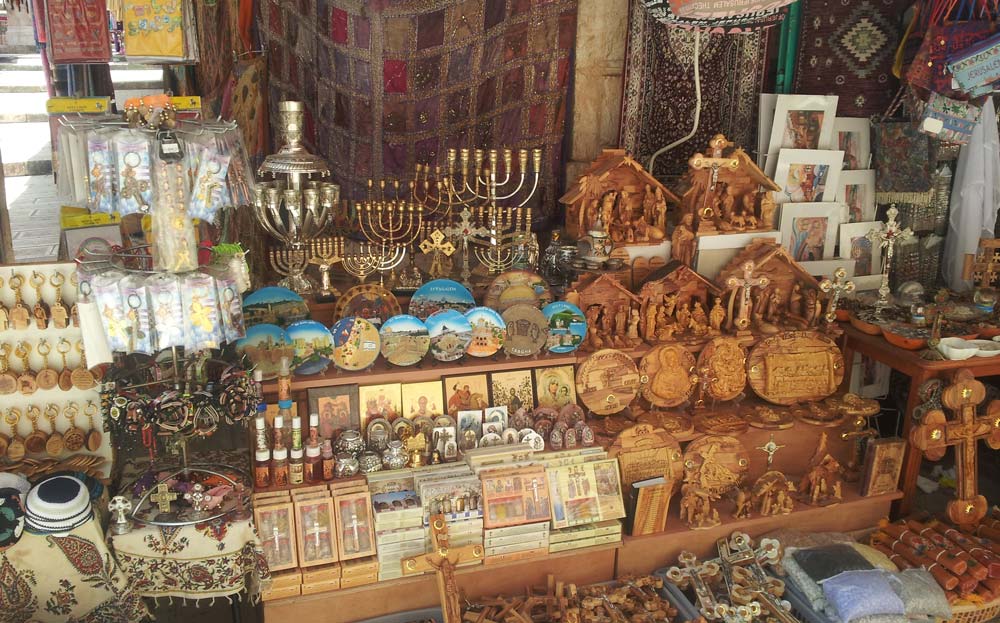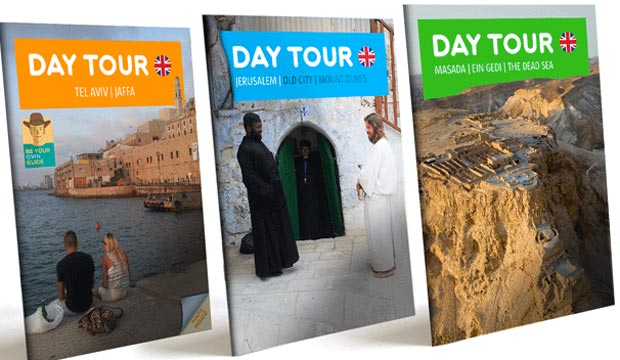Food products in Israel are very cheap, especially fruit and vegetables, but the prices in restaurants are high and the price of alcohol is ridiculous. A beer in a pub in Tel Aviv can cost 30 shekels or more, that’s 7-8 euros, or around 9 dollars! So always check the menu before you order.
The good news is that you don’t have to eat in restaurants in order to enjoy cheap and tasty local food. Street food in Israel is really good. A pita with falafel, sabich, shawarma, or a simple plate of hummus, will fill you up for 7-8 euros. Most of it comes without meat and many dishes are vegan friendly.
In 2011 there was a wave of social justice protests in Israel, with demonstrators railing against the high price of basic commodities. As a result, there has been a proliferation of café chains like Cofix and Cofizz, that sell coffee and shakes for 5 shekels. You will find them in many of the city centers.
